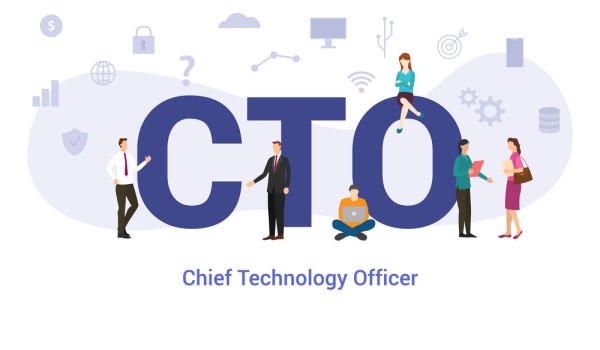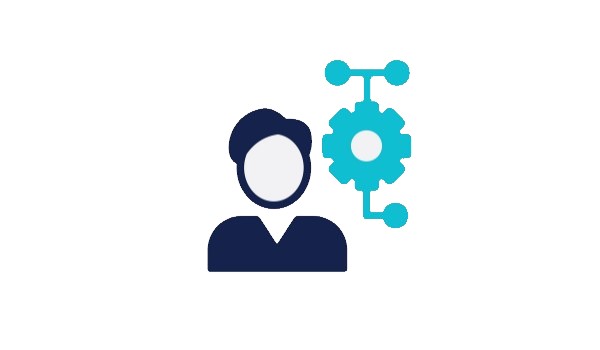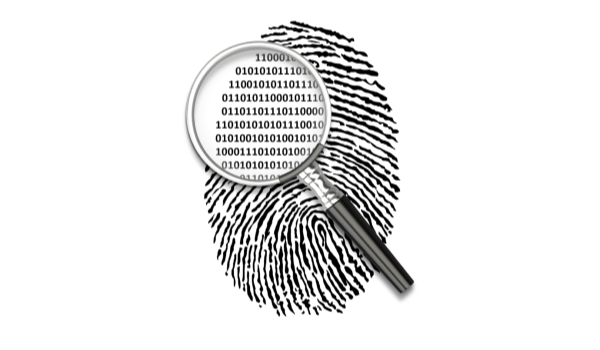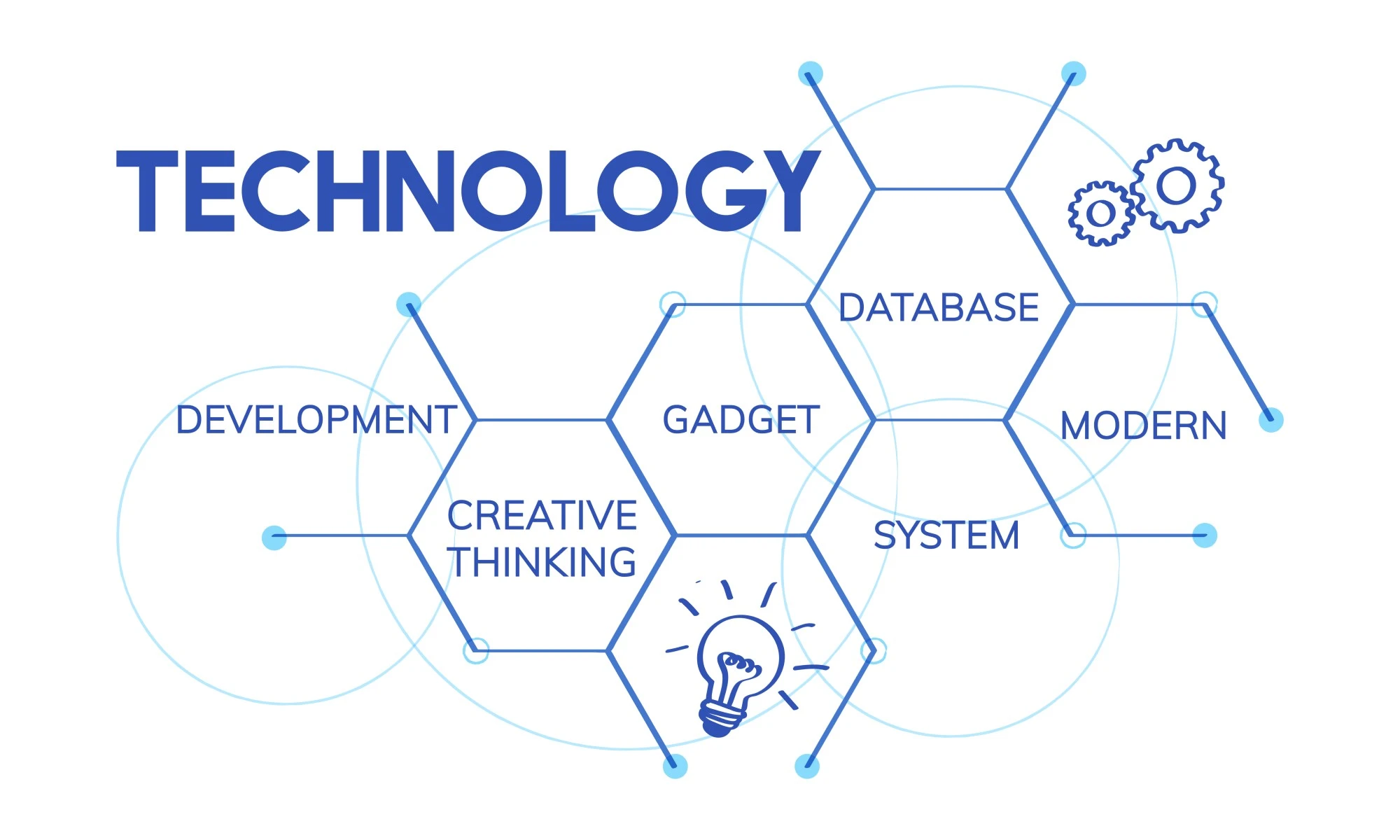The time taken by different sectors to generate business is now minimised with an advancement in Information Technology. It provides security, storage, and efficient communication.
Information Technology is the field of study, design, development, implementation, support and management of computer-based information systems, particularly software applications and computer hardware. IT provides the means to develop, process, analyze, exchange, store and secure information
To become a potential innovation cluster in Information Technology for offering quality education, research and professional skills to meet the global challenges.
PEO 1: Excel in their professional roles and higher studies by implementing the knowledge acquired in information technology with lifelong learning
PEO 2: Design and implement Information Technology based solutions to solve the industrial and societal problems
PEO 3: Exhibit communication skills, leadership virtues, professional and ethical values in professional domains
PO 1. Engineering knowledge: Apply the knowledge of mathematics, science, engineering fundamentals, and engineering specialization to solve complex engineering problems
PO 2. Problem analysis: Identify, formulate, analyze, and interpret engineering problems to reach valid conclusions using first principles of mathematics, natural sciences, and engineering sciences
PO 3. Design/development of solutions: Design solutions for complex engineering problems and design systems, components, or processes that meet specified needs, considering safety, sustainability, and cultural and societal contexts
PO 4. Conduct investigations of complex problems: Use research-based knowledge and research methods including experiment design, data analysis, interpretation, and synthesis to provide valid conclusions
PO 5. Engineering tool usage: Select and apply appropriate tools and modern engineering and IT tools with an understanding of their limitations
PO 6. The engineer and the world: Understand the broader impact of engineering solutions in societal, environmental, and global contexts (including sustainability, societal responsibilities, and inclusive practices)
PO 7. Ethics: Apply ethical principles and commit to professional ethics and responsibilities in engineering practices
PO 8. Individual and team work: Function effectively as an individual, and as a member or leader in diverse teams in multidisciplinary environments
PO 9. Communication: Communicate effectively with engineering community and society at large, including writing reports, making presentations, and giving and receiving clear instructions
PO 10. Project management and finance: Demonstrate knowledge and understanding of engineering and management principles, and apply these to one’s work, as a member or leader to manage projects in multidisciplinary settings
PO 11. Life-long learning: Recognize the need for and ability to engage in independent and life-long learning in the broadest context of technological change
PSO 1: Identify and apply appropriate IT integrated tools and techniques to build projects and services in networking, computing and data security.
PSO 2: Design and develop IT enabled solutions and services for catering the broader societal needs.
Duration: 4 years (Regular) / 3 Years (Lateral Entry)
No. of Semesters: 8 (Regular) / 6 (Lateral Entry)
Intake / No. of Seats: 60



SPOC: DHANANJEIYAN B / Assistant Professor ll

SPOC: DHANANJEIYAN B / Assistant Professor ll

SPOC: DHANANJEIYAN B / Assistant Professor ll















